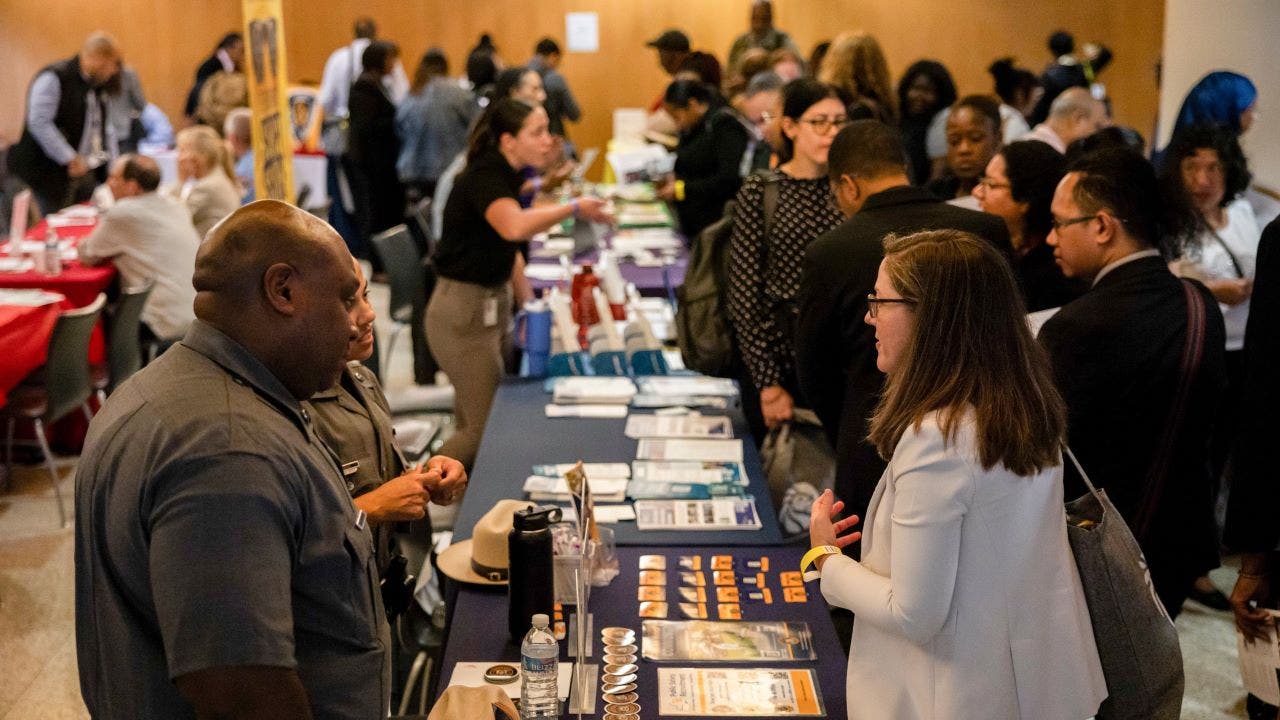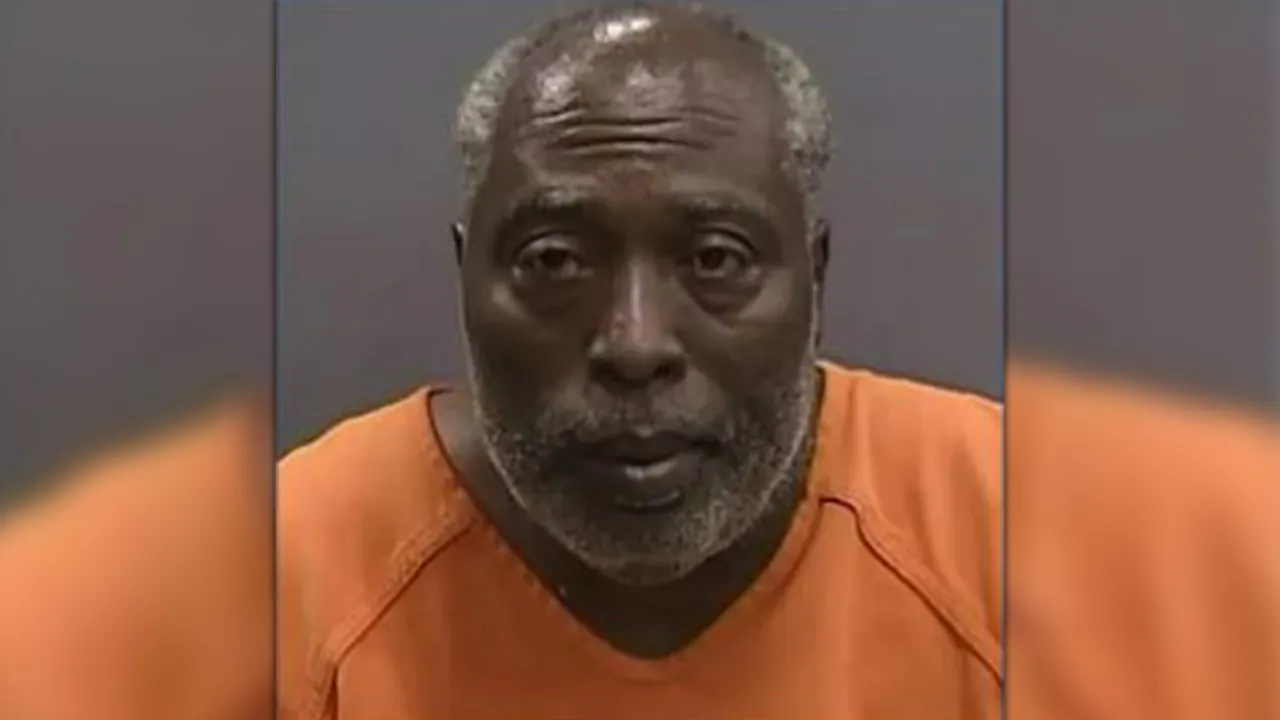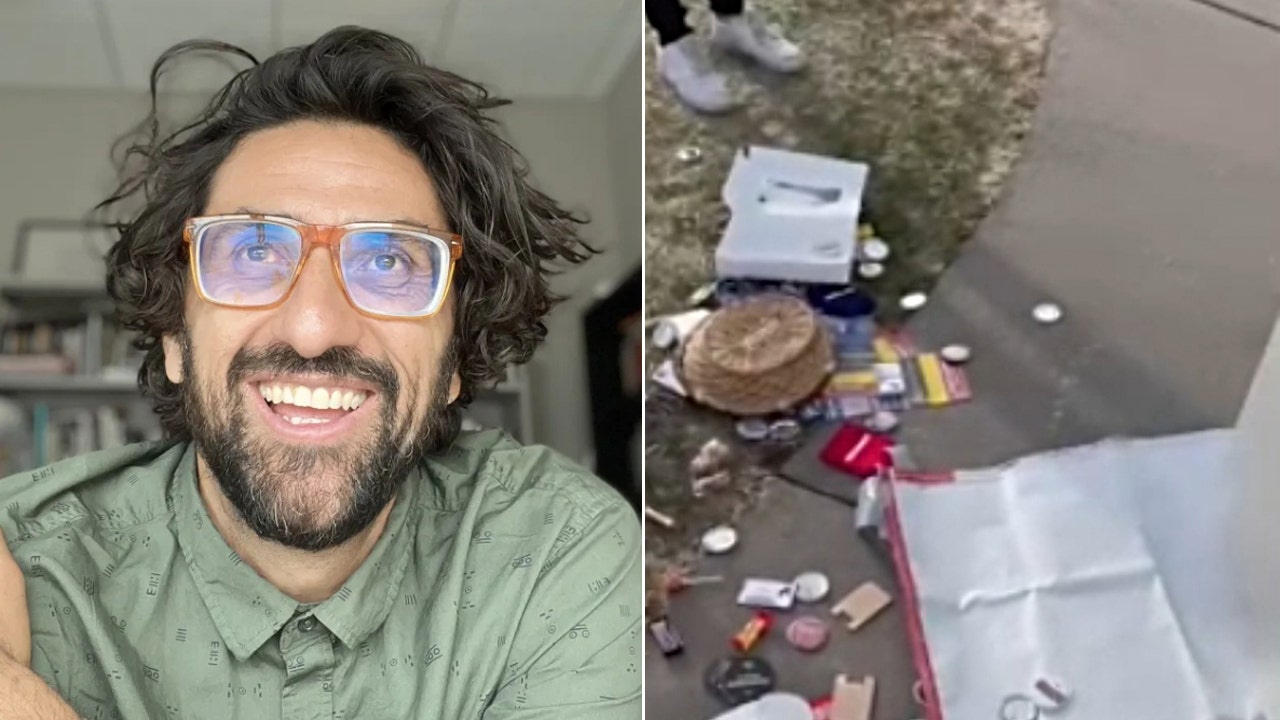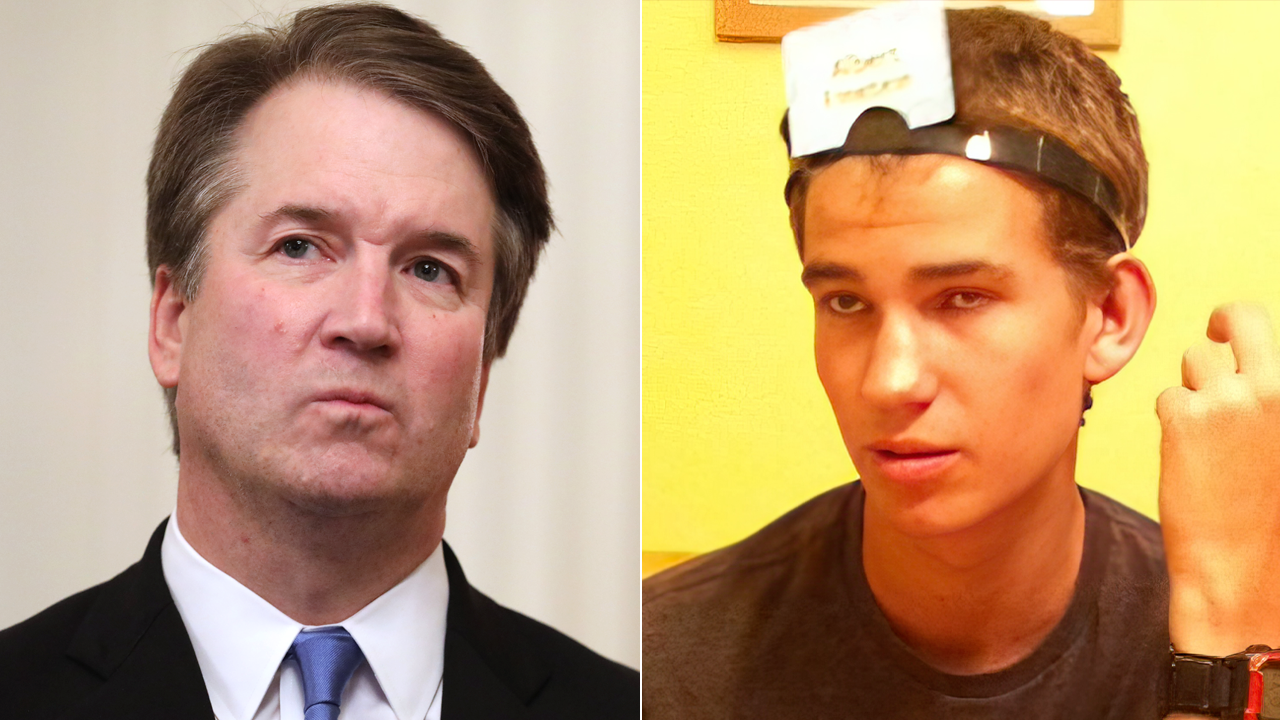Lawmakers return to Albany this week ahead of a pivotal year for Gov. Kathy Hochul and other top Democrats bracing to clash with the incoming Trump administration.
Ahead of their official return to the state capital Wednesday, Democrats are already jostling for their pet projects and political priorities in a year that policy debates are likely to take a back seat to the contentious New York City mayoral primary and the governor’s own promised reelection bid in 2026.
Here are some of the top issues and storylines to keep an eye on in 2025.
How Albany Dems plan to handle Trump
Liberal Democrats, kneecapped after Republican Donald Trump’s staggering comeback victory in November’s election, are likely to try to respond to the incoming commander-in-chief’s agenda.
New York City Mayor Eric Adams and Hochul have both said they see a middle ground for the state to work with immigration authorities to go after illegal immigrants who commit crimes in New York, a turnaround from the confrontational approach taken against the first Trump administration.
Expect the state to grapple with less headline-grabbing issues, including federal funding to prop up New York’s bloated budget.
Lawmakers and budget officials tell The Post that it’s tough if not impossible to plan for where exactly the Trump administration could launch a fiscal broadside on the Empire State, especially with the state’s fiscal plan technically due before April 1.
“That will be, certainly, a necessary input to this budget-making process,” Hochul Budget Director Blake Washington told reporters recently.
Expect some of the areas of the state budget like Medicaid, education and transportation funding to be prime targets for a White House with policies that have been less than favorable to blue states.
Affordability – theater or reality?
Hochul is planning to make affordability issues one of the pillars of her State of the State speeches and executive budget proposals after Dems drubbing in last year’s election.
Expect pols to tout themselves as affordability champions, but whether the policies they champion in Albany this year are tangible or performative is another thing entirely.
Last month, Hochul announced a plan to send $500 checks to families making below $300,000 a year. While Hochul is billing the handout as an “inflation refund” following higher-than-expected sales tax receipts, fiscal experts are dubbing the plan as one with more show and less substance.
“Tackling affordability means reducing costs, not telling people to feel better about paying more,” Ken Girardin, director of research at the Empire Center for Public Policy, told The Post.
Hochul is also considering proposing income tax cuts to middle-class earners and offering a beefed-up tax credit for families with kids, according to sources. The governor promised last year that she would not raise income taxes in 2025.
Adams is also pushing for Albany to sign off on cuts to city income taxes for earners at or just above the poverty line.
Sources said lawmakers may also propose other, possibly more narrowed and tangible proposals around affordability, particularly with regards to childcare.
Tax increases to fund the MTA
Albany pols championing affordability are also grappling with how to raise $33 billion in revenue for the MTA’s $68 billion five-year capital plan – a predicament that is almost certain to result in more taxes or fees on New Yorkers.
“I think taxes generally will be part of the discussion,” Washington, Hochul’s budget chief, told reporters.
Lawmakers, including state Senate Finance Committee Chair Liz Kreuger, said they agree that new taxes are on the table.
Hochul fully endorsed the MTA’s $68 billion capital funding request last year, even without a full accounting for how the transit agency intends to pay for it. At the last minute, state Senate Majority Leader Andrea Stewart-Cousins and Assembly Speaker Carl Heastie formally objected to the plan, formally punting negotiations to this year’s budget talks.
The legislature’s veto means negotiators now have leeway to haggle not only over how to fund the plan, but also over its overall size.
The capital plan negotiations happen over the backdrop of the Trump administration, which is unlikely to do the MTA any favors like Democrats did when they were in control in Washington in 2020.
Mental health
Hochul and legislative leaders are signaling one of their top priorities for the year is to combat violence resulting from mental health crises, as a wave of such incidents plagues the Big Apple.
Last week, Hochul released a statement saying that she would release proposals aimed at making the state’s mental health system more efficient in getting violent mentally ill people into care. The move comes in response to a bloody few weeks that saw multiple violent crimes in the city transit system, including a woman being burnt to death on an F train.
Hochul has said she wants to make it easier to commit someone experiencing a mental health crisis to a hospital.
Heastie agrees involuntary commitments needs to be part of the discussion.
“It has to be addressed because I still don’t think jail is the place to help people with severe mental health issues,” Heastie said in a recent interview.
The city’s mayor spoke with Hochul about the push when he was in Albany last month, though it’s unclear whether he’s currently on the same page as Adams.
Groups like the Mental Health Association of New York and New York Civil Liberties Union are already pushing back against changes to involuntary commitment. They could have allies with lefty lawmakers who regularly rebuff even the most sensible efforts to beef up criminal justice statutes.
Education spending
Last year, Hochul backed off calls to overhaul the antiquated foundation aid funding formula for New York schools.
While the governor’s efforts were rebuffed, her and the legislature agreed to punt the issue to 2025 and commission a $1 million study by the Rockefeller Institute of Government on how to best craft and implement changes to foundation aid.
A day after the wide-ranging study was published, Hochul’s office told The Post she was flip-flopping on her calls to scrap hold harmless – a key provision of the formula that prevents school districts from getting less state funding even if they’ve seen a population decrease.
Eliminating hold harmless on its face would result in reduced funding for almost half of New York’s school districts, putting Hochul at odds with powerful teachers unions and many lawmakers.
With the governor abandoning her effort to reform New York’s education funding system, it’s unclear how much lawmakers will be willing to make difficult choices in 2025.
Read the full article here















